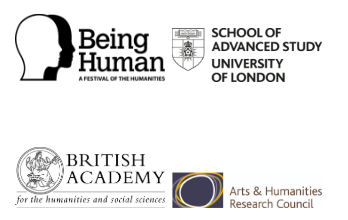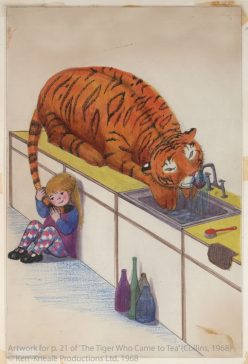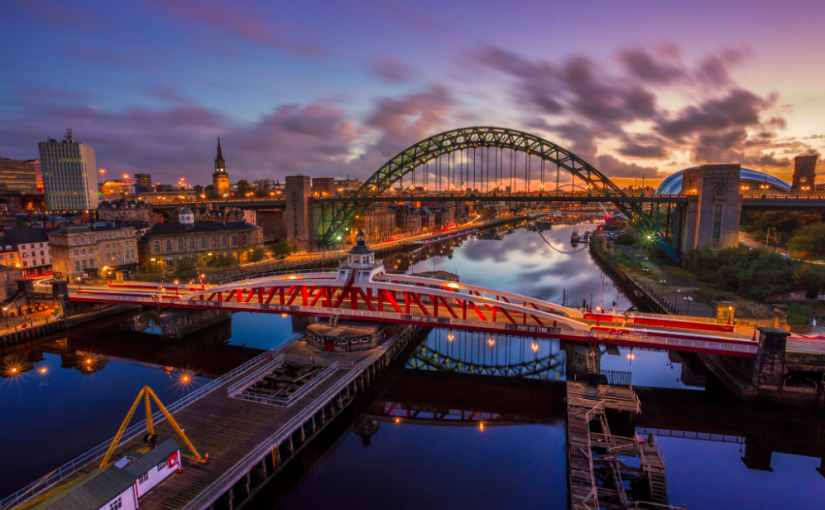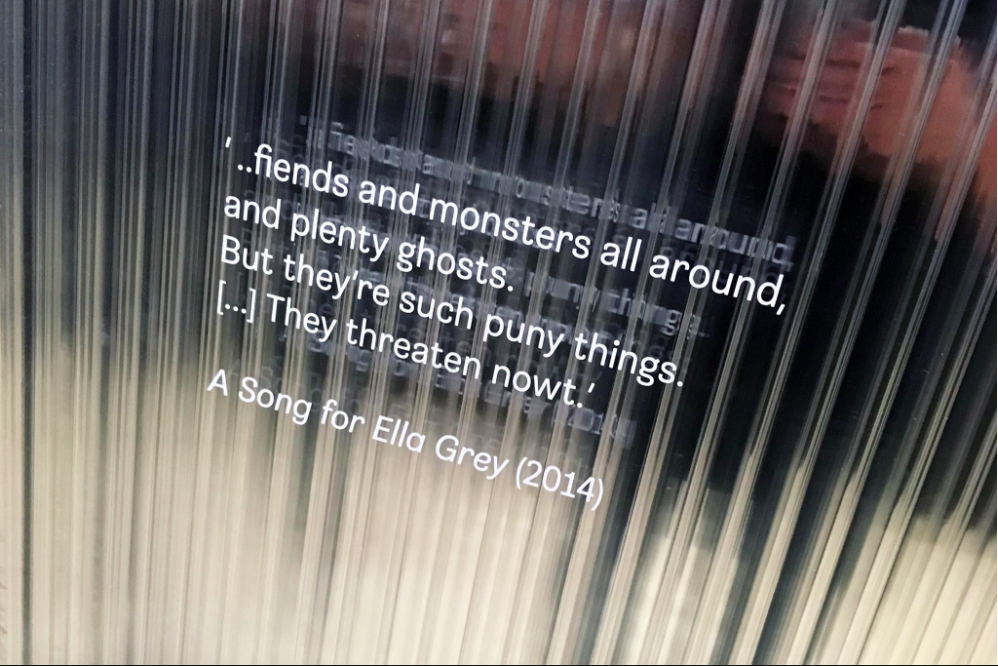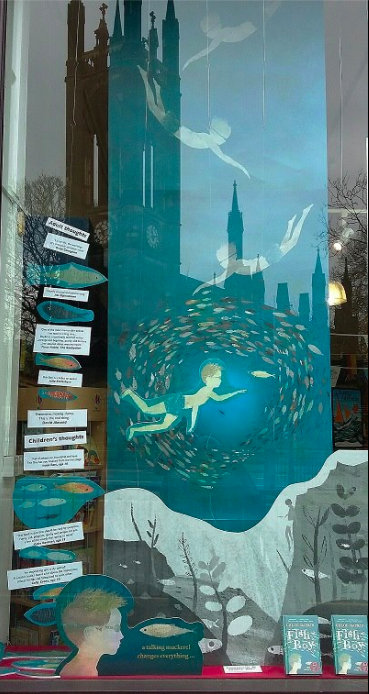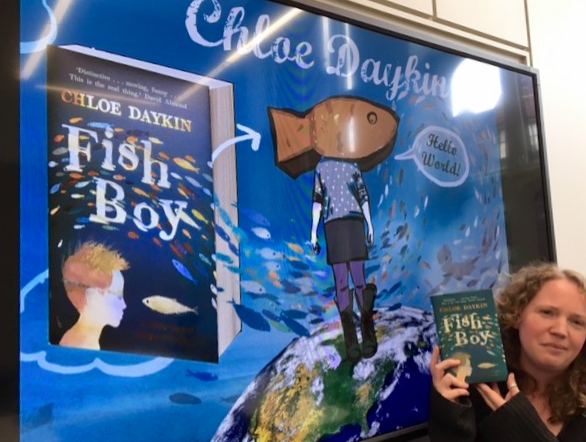17 – 18 November 2018, Seven Stories
As part of Being Human Festival: From Source to Sea, Seven Stories, in association with Newcastle University, is hosting several free events. Read on for details and come along!
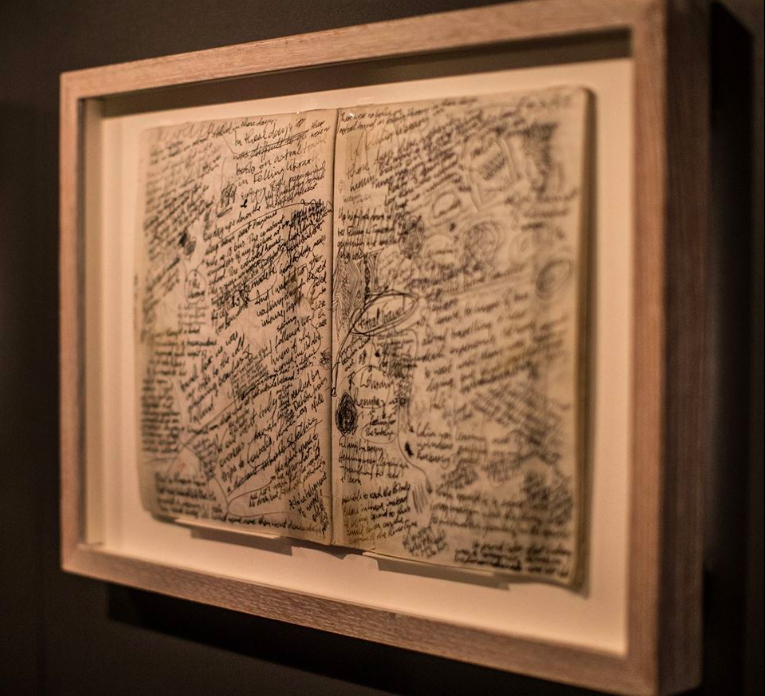
Once upon a Tyne
17 November, 11:00 am – 12:00 pm; 13:30 – 14:30 pm
Discover the original scribbles and doodles behind children’s books in this hands on session with the Seven Stories Collection. This insightful session will be led by the Seven Stories Collections Team and the Children’s Literature Unit at Newcastle University.
Inspired by the Tyne and the rivers, seas and oceans that feature within the Seven Stories Collection, explore manuscripts from authors including David Almond and Robert Westall, and artwork from illustrators including Polly Dunbar.
Session lasts 60 mins and is suitable for everyone interested in children’s literature. Tickets are free and can be found here. No visitor admission is required.
Undiscovered Land: Write like David Almond
17 November, 2:30 – 4:30 pm
‘Writing will be like a journey, every word a footstep that takes me further into undiscovered land.’ David Almond, My Name is Mina.
Join Ann Coburn, children’s author and Lecturer in Creative Writing at Newcastle University for a free creative writing workshop.
Through a series of creative exercises you will start your own story inspired the work of celebrated North-East writer David Almond. Learn how to convey a sense of place in your writing and incorporate elements of memory, history, magic and transformation.
Session lasts 2 hours and is suitable for adults. Tickets are free and can be found here. No visitor admission is required.
Tales of the Tyne
18 November, 2:30 – 3:30 pm
‘They thought we had disappeared, and they were wrong. They thought we were dead, and they were wrong. We stumbled together out of the ancient darkness into the shining valley.’ – David Almond, Kit’s Wilderness.
As the mines closed and the shipyards fell silent, the North East saw the end of a long and vibrant tradition. Where next for the communities who had grown up with the old industries woven into the fabric of their lives? David Almond’s wild and beautiful stories explore the end of the old North East, and the possibilities for new beginnings.
Join Dr Lucy Pearson from Newcastle University’s Children’s Literature Unit for a talk on how David imagines these endings and beginnings, followed by a tour of our Where Your Wings Were exhibition focussed on David’s work.
Session lasts 60 mins and is suitable for young adults and adults. Tickets are free and can be found here. No visitor admission is required.
Find out more about the Festival over on the Vital North blog.
